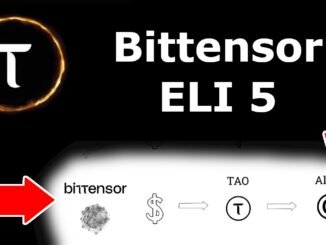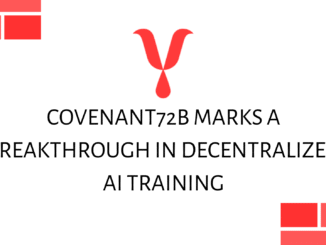
For the first time, research from the Bittensor ecosystem has been recognized at the prestigious Neural Information Processing Systems (NeurIPS) 2025 conference—one of the world’s leading venues in machine learning.

Covenant AI, known for pioneering decentralized training through the Templar, Basilica and Grail subnets on Bittensor, built its NeurIPS papers on concepts already proven in Templar.
Templar is a decentralized AI training framework that leverages blockchain incentives to connect diverse compute resources, enabling secure, scalable, and collaborative large-scale model training without centralized control.
The Accepted Papers

This year, nearly 30,000 papers were submitted for NeurIPS, 400 were rejected in the wake of the selection process. Amid this high-stakes race, Covenant AI secured recognition with two of its papers accepted to be presented at the NeurIPS OPT (Optimization for Machine Learning) workshop:
a. Incentivizing Permissionless Distributed Learning of LLMs (Gauntlet)
This paper presents Gauntlet, an incentive system on the Bittensor network that rewards peers for contributing pseudo-gradients to distributed deep learning. It ensures reliability, uniqueness, and fair scoring of contributions, and has successfully trained a 1.2B LLM with real token payouts in a fully permissionless setting.
b. Communication Efficient LLM Pre-Training With SparseLoCo
This report introduces SparseLoCo, a communication-efficient training algorithm for LLMs that combines TOP-k sparsification and quantization to achieve extreme compression (1–3% sparsity and 2-bit quantization) while outperforming full-precision baselines. It shows that sparse aggregation not only reduces communication costs but can also enhance model performance in constrained training settings.
Both are not just theoretical contributions; they are actively driving progress in Templar III — the largest permissionless training run to date, spanning 70B parameters.
Recognition Beyond the Ecosystem
NeurIPS is often described as the citadel of machine learning research. Having two papers from Bittensor presented in San Diego signals that decentralized AI is no longer experimental at the fringes — it is now part of the mainstream research dialogue.
This recognition matters because it highlights three shifts: permissionless access to AI research, incentive-aligned collaboration through blockchain, and scalable experimentation rivaling corporate labs and organizations.
The Road Ahead
This milestone is only the beginning. As decentralized AI frameworks like Bittensor mature, we can expect more contributions that bridge academic recognition with open, incentive-driven innovation. The acceptance at NeurIPS is proof that the future of AI will not be built by institutions alone, but by networks that anyone can join and improve.




Be the first to comment